Munkhuu Tuvshin of Ulaanbaatar, Mongolia experienced a major paradigm shift after being trained by Disciple Nations Alliance (DNA). Through DNA, he learned about God’s concern for all areas of life and even culture. He came to know that God’s grace and forgiveness were purposeful, not merely saving us to enjoy heaven one day in the future. Instead, our salvation allows us to walk in the purposes God has for us now – in our work and families, and bringing His intentions into our nations.
Today, Munkhuu is active in this on many fronts. He mentors and disciples pastors in Mongolia to help them embrace a biblical worldview. He leads trainings throughout the year, translates materials, and sustains ongoing outreach relationships.
More than 25% of Mongolia’s population lives a nomadic or semi-nomadic lifestyle. Even though nomadism is a major part of Mongolia’s cultural identity, discipleship resources for these people do not exist. Munkhuu hopes to develop new discipleship materials for them that better relate to their language and way of life. His goal is to make the materials broadly available for others who are also working to disciple the nomads. Because nomadism is central to Mongolia’s national identity, he feels working intentionally over the long-term with these people is very strategic.
We call Munkhuu a “Kingdomizer.” He has been profoundly transformed by DNA’s biblical worldview teaching and is leading a movement for biblical worldview transformation throughout his nation. He prays that the goodness, truth, and beauty of God’s Kingdom would bring impact through his daily efforts.
I would like to share a story that highlights Munkhuu’s outreach and long standing relationships among the Reindeer People of Northern Mongolia.
Modeling the Gospel Among the Reindeer People
Munkhuu anticipated the 900-mile journey ahead into the desolate Sayan mountains bordering Siberia. His annual mission trip to the nomadic reindeer people required at least three days traveling from Mongolia’s capital, Ulaanbaatar. 4-wheel drive was essential as Munkhuu made his way along rocky unpaved roads with sections full of deep muddy holes. He felt precarious crossing wooden bridges. A wrong turn in the driving rain meant a day of extra travel with little food in the unforgiving boreal forest. The final trek could only be completed by horseback, leaving him aching.
Munkhuu began these trips 18 years ago. A sense of conviction and obedience to the Lord sustains him. These nomadic reindeer herders are among some of the least reached people in the world. Despite mission teams visiting various groups of reindeer people to share the Jesus film or distribute tracts, there is little traction in true conversion and discipleship.
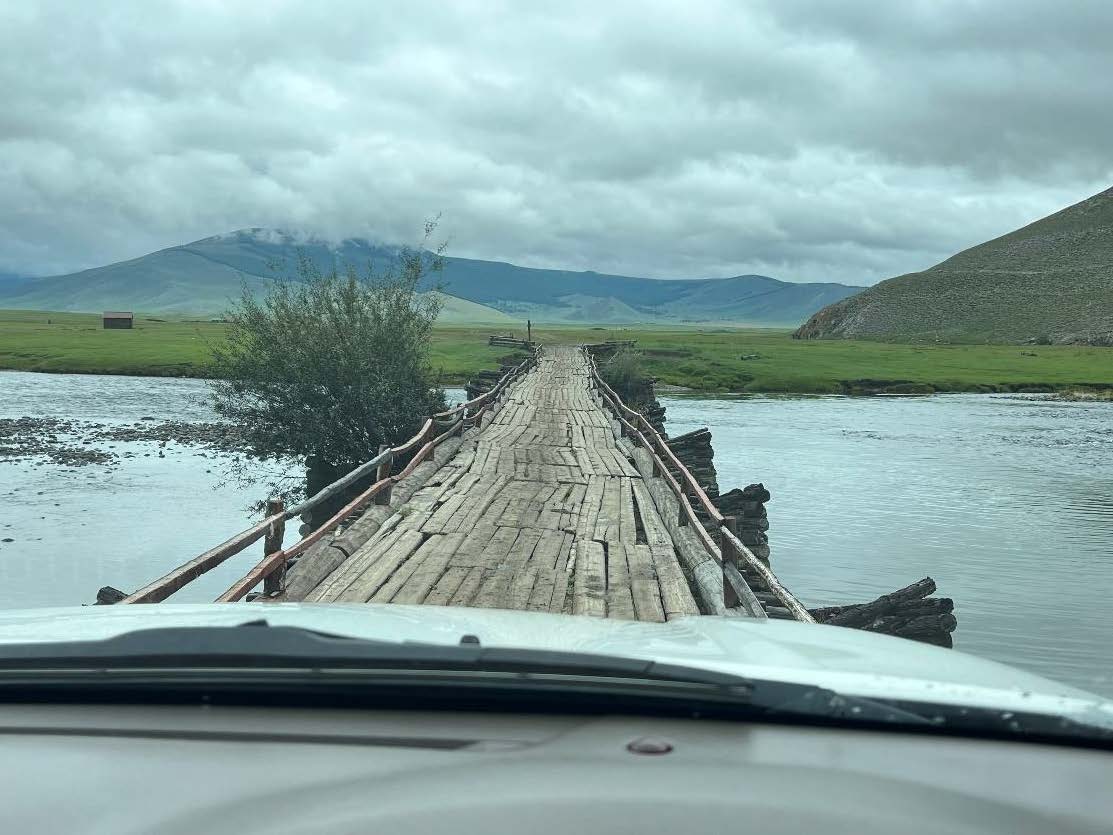
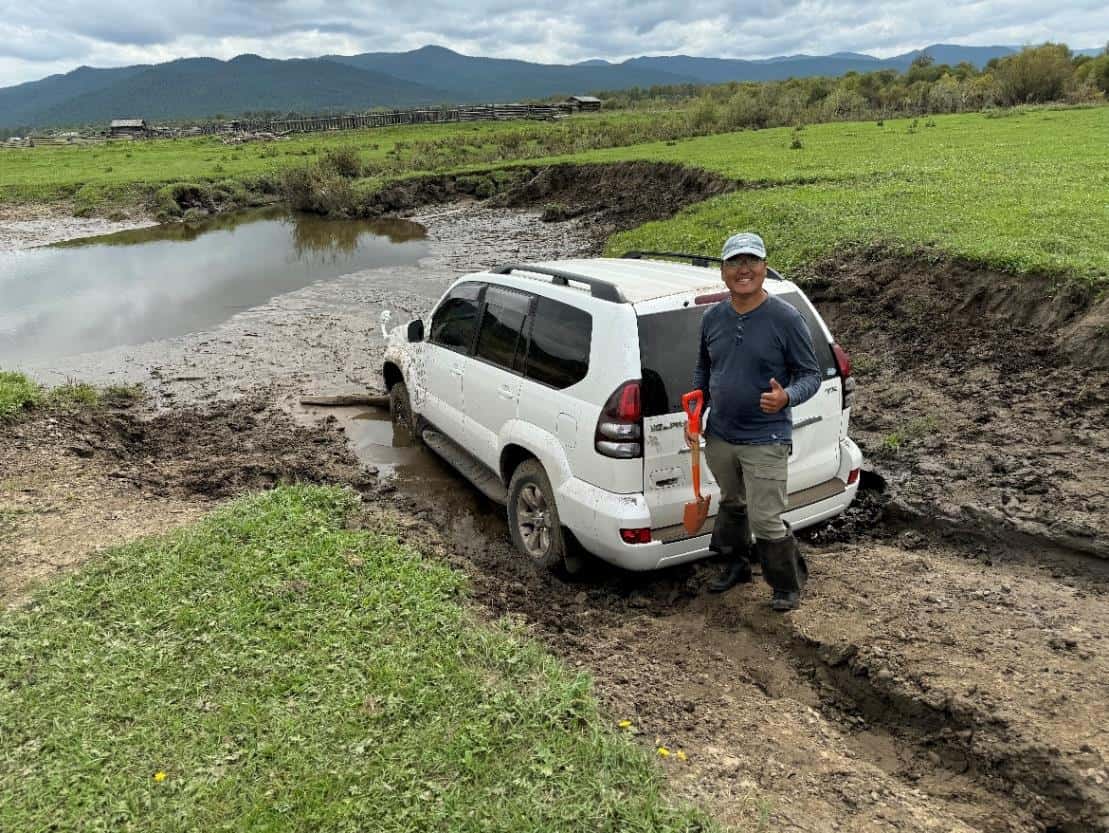
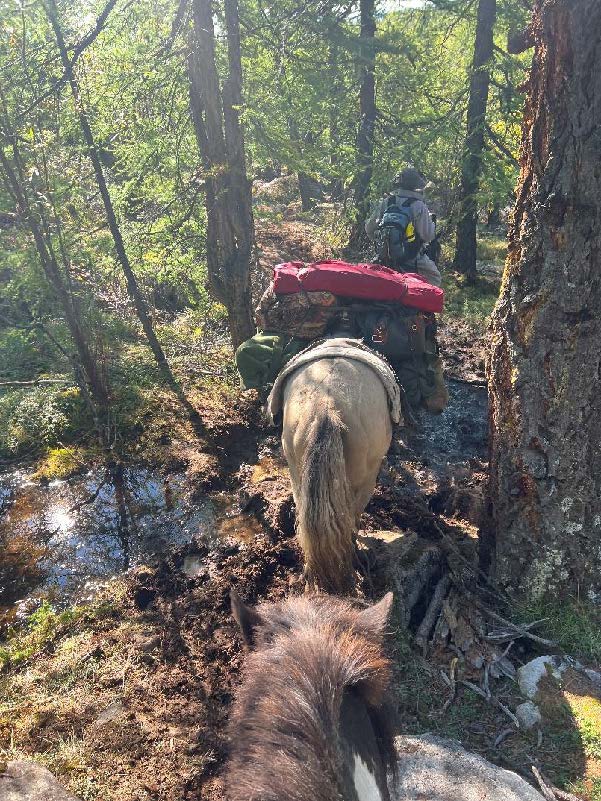
Munkhuu’s ministry direction shifted after training from DNA. He learned through DNA’s biblical worldview training that the gospel must not only be spoken, but also modeled practically and relationally over an extended period of time. He notes that many ministries are numbers-driven and have short-term timeframes, but says that approach will not be effective for the reindeer people.
During his trips to these nomadic family groups that herd reindeer, there’s no guarantee he will see the same people. But as he arrived this time, he was approached by a familiar woman in her 60s. Munkhuu was deeply encouraged that Oyunaa remembered him. It had been 13 years since they saw each other. She assured him that she could never forget him.
Munkhuu’s ministry to Oyunaa’s family began 21 years ago with his first visit to the reindeer people. In need of a guide for that first trip, Munkhuu hired Oyunaa’s brother, whose name was Halzan. Halzan was also a shaman.
The reindeer people, also known as Dukha, have an animistic worldview based on oral history and folklore. Shamans perform rituals and ceremonies to ensure harmony and appeasement with the spirit world. They believe these spirits include ancestors, nature, and animals. Shamans are called on to use their special power and knowledge to treat illness.

On that initial trip, Halzan navigated their horses safely through the high mountain trails and introduced Munkhuu to some of the reindeer people. They live in groups, often with extended family ranging from about 20 to 100 individuals. As nomads, their housing is without luxury: simple tepees made from reindeer hides or canvas.
This was the start of a long-term friendship between Munkhuu and Halzan.
In time, a group of people in Ulaanbaatar called on Halzan to perform some traditional ceremonies for them. However, after carrying out the requested rituals, Halzan was abandoned without pay at a hotel far from home.
Munkhuu found Halzan in the hotel, drunk and smelling bad. Munkhuu stayed with him and helped him recover, then paid for his hotel and provided money for his journey home.

A couple years later, Halzan and Oyunaa’s mother needed emergency hospitalization and they returned to the capital city. Munkhuu helped them as much as possible and invited them to church.
After attending church, Halzan remarked, “My friend, I’ve never felt this kind of love in my life.”
Munkhuu says, “This was Christ’s love for him through us.”
In November 2011, Halzan passed away. Traveling to the reindeer people during the harsh winter month would be perilous, but Munkhuu was determined to attend the funeral and show care for the family. Halzan’s mother cried and hugged him, moved by his sacrificial journey.
Now, it had been 13 years since their last encounter, but Oyunaa never forgot the differences and experiences she saw and felt in their family’s friendship with Munkhuu. His Christian faith made him different than the Dukha.
Munkhuu says that transformation of this people requires truly loving them. God used Munkhuu to profoundly impact Halzan’s family, which includes six siblings who are married with children and grandchildren, totaling as much as 80 people and even more beyond what he knows.
Munkhuu ministers to many families such as Halzan’s. Through him, the Holy Spirit continues to draw the hearts of more reindeer people to true Christian faith.
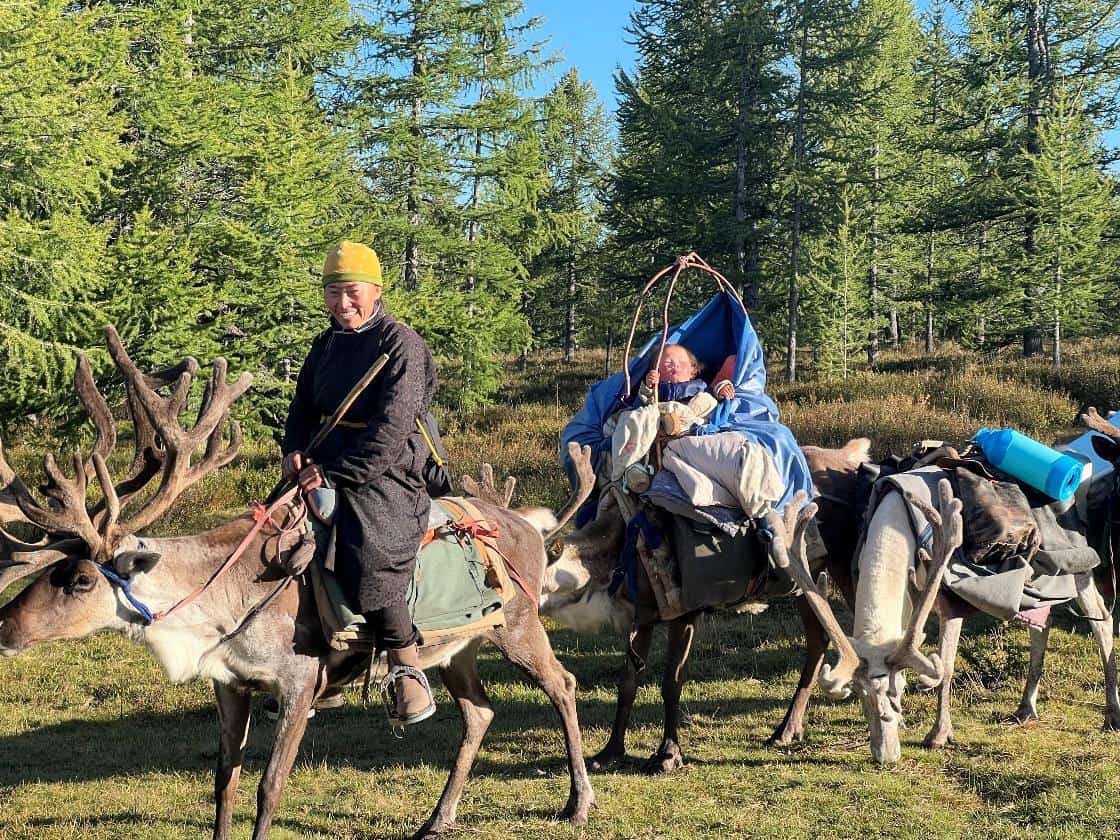
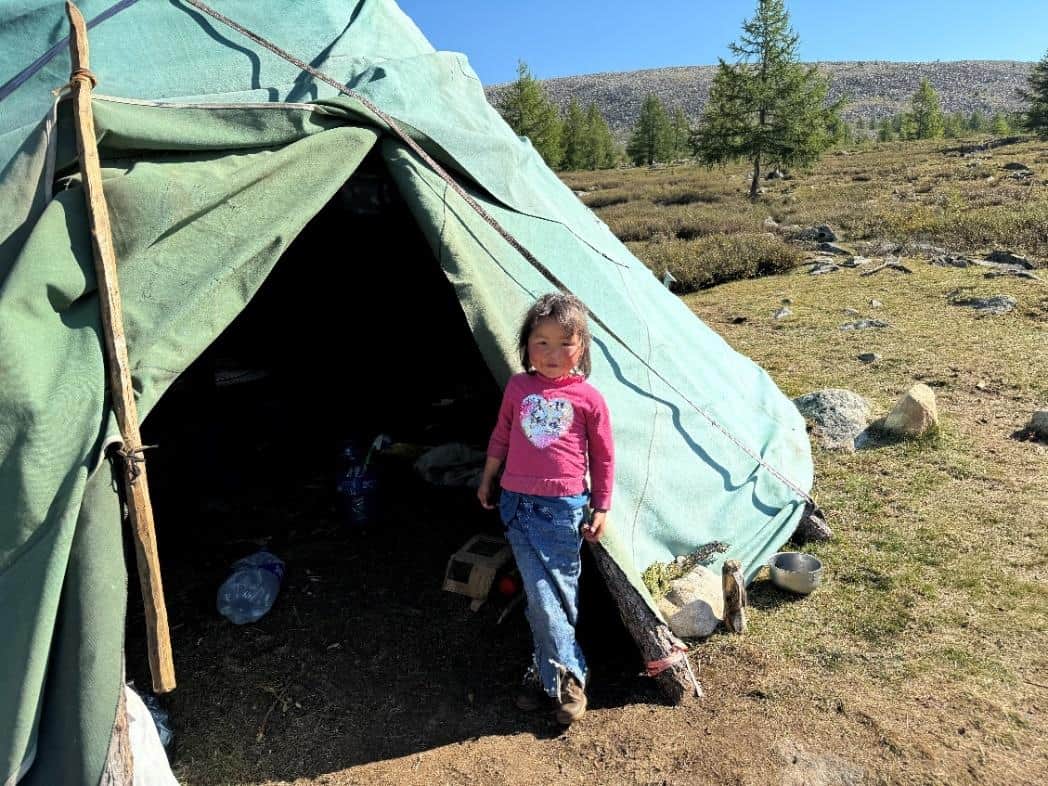

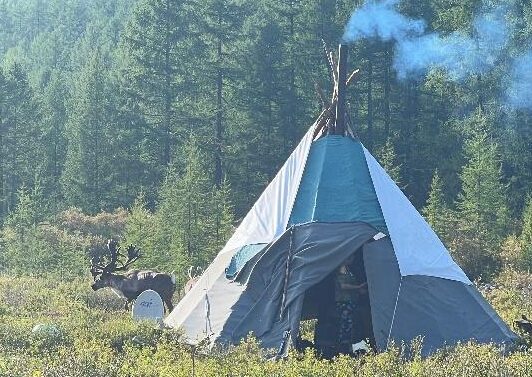
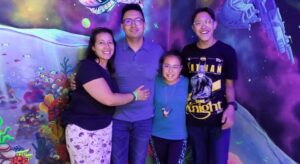


One Response
Munkhuu’s ministry direction shifted after training from DNA. He learned through DNA’s biblical worldview training that the gospel must not only be spoken, but also modeled practically and relationally over an extended period of time.
What is modeled practically?